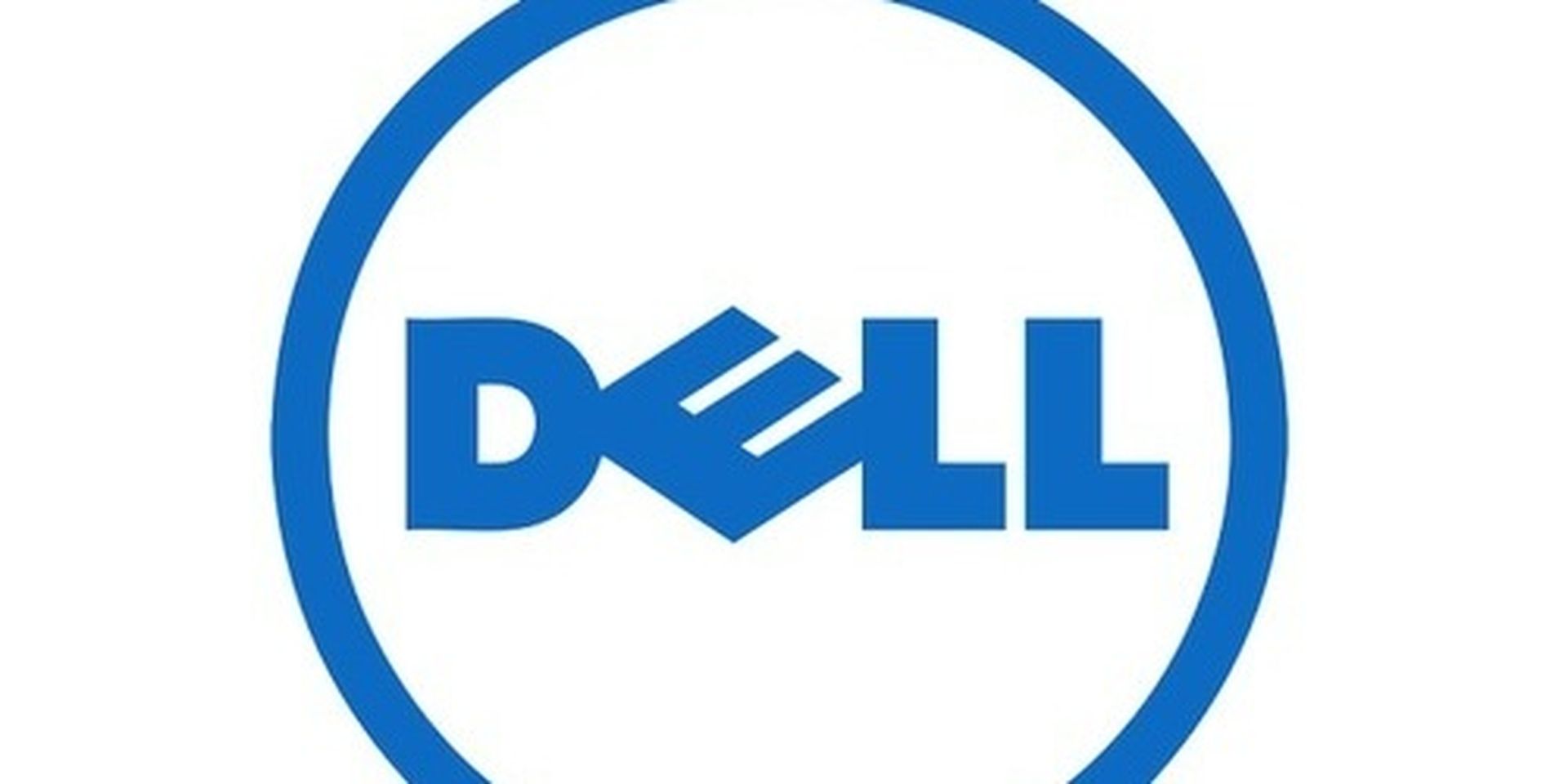Dell Technologies today announced the introduction of PowerMaxOS 10.1, aiming to bring new enhancements in storage efficiency, cybersecurity, and automation.
This development comes six months after the latest update to the Dell PowerMax 2500/8500 series.
Enhanced Storage Efficiency with PowerMaxOS 10.1
PowerMaxOS 10.1's enhanced storage efficiency features demonstrate a fusion of digital precision and environmental consciousness.
Real-time power and environmental monitoring, central to this release, enables organizations to gauge their energy consumption in a more detailed manner. Alongside this, dynamic data mobility facilitates the redistribution of workloads across different arrays, potentially maximizing resource usage.
Pairing this with the software's data deduplication and compression improvements could position companies to realize both fiscal savings and reductions in carbon emissions, the company said in a prepared statement.
PowerMax Steps Up Cybersecurity with Zero Trust Adoption
With the rising importance of cybersecurity, PowerMaxOS 10.1 introduces several measures to strengthen data protection and counter cyber threats. Some of the robust security measures include:
- Federal Approved Products List certification and STIG-hardening.
- Enhanced Transport Layer Security (TLS) version 1.3 encryption.
- Cyber Intrusion Detection for z Systems (zCID), an industry-first in mainframe storage-based intrusion detection.
- Advanced anomaly detection for improved ransomware and malware monitoring.
- Ignition Key Support for data-at-rest.
- A NIST-compliant data erasure process.
Intelligent Automation: A Leap in Innovation with PowerMaxOS 10.1
Manual configurations might soon be a thing of the past. PowerMaxOS 10.1 embraces automation, offering features designed to simplify tasks for IT professionals. AI-driven health checks, fueled by predictive analytics, aim to facilitate smoother storage optimization processes.
Furthermore, with Dell's CloudIQ AIOps integration, there's a push for real-time insights, potentially aiding IT teams in making timely decisions. The release also features REST API-based automated storage provisioning and a specialized utility for NVMe/TCP, hinting at quicker setup processes.



